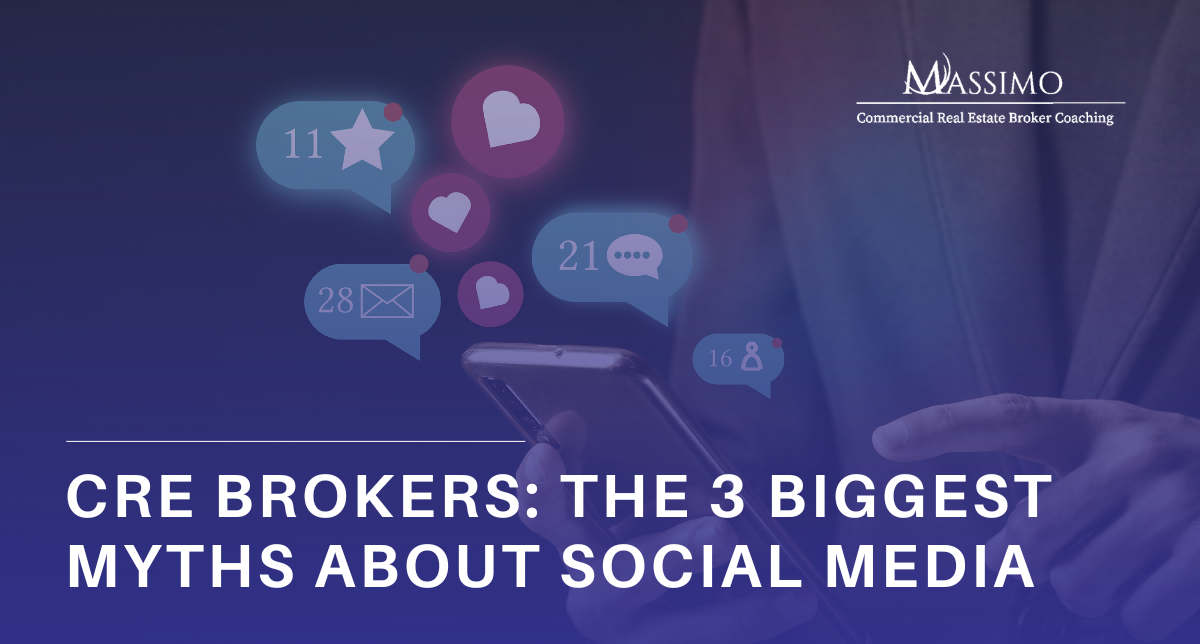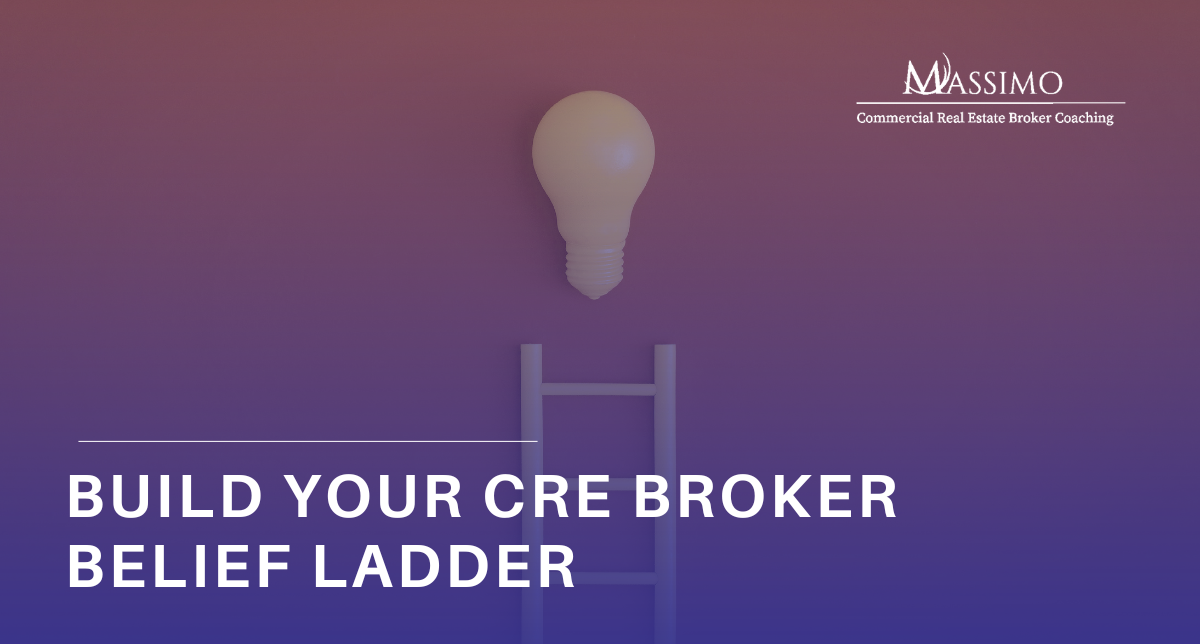Here are some important questions and answers about commercial real estate loans that CRE brokers can use to add value to clients and gain better market recognition.
In this article:
- What Are Commercial Real Estate Loans?
- Why Is There a Need for Commercial Real Estate Loans?
- Where Can You Get Commercial Real Estate Loans?
- When Does the Timetable for Commercial Real Estate Loans Payments End?
- Who Can Apply for a Commercial Real Estate Loan?
- How to Get a Commercial Loan with No Money Down?
What You Need to Know About Commercial Real Estate Loans
What Are Commercial Real Estate Loans?
Commercial real estate loans give business owners and commercial entities the chance to own real estate property for business operations. A lender provides the debtor with loans for a mortgage. The lender then receives a lien on the commercial building or property.
The US commercial investments for the massive US market reached $489 billion, according to the National Association of Realtors’ Commercial Real Estate Lending Trends Report for 2017. With such a big market, securing a commercial loan can take quite a lot of time and resources. This difficulty in obtaining loans can put off potentially interested clients.
Why Is There a Need for Commercial Real Estate Loans?
Business owners prefer owning property to lower rental expense and increase asset value. Marketing to these interested business owners should be easy, at least in theory. However, the commercial real estate lending market is quite competitive. Financial institutions have higher interest rates for businesses due to the inherent risk of younger businesses in defaulting.
Commercial real estate brokerages step in the process. Having the brokerage or agent as a guarantor can make the loan more appetizing for the lender. At the same time, commercial real estate brokerages can increase their client size by helping a client get financing for the loan.
Commercial real estate brokers can offer commercial loan services to help close a prospect. Like most loans, there are many types and sources of loans. Where brokers source loans can have an impact on the profitability of any commercial real estate deal.
Where Can You Get Commercial Real Estate Loans?

For the brokerages and businesses with a long history under their belts, more established lenders have been the traditional source of loans. Data from the Bureau of Labor statistics can show why banks prefer older establishments. Around 80% of businesses survive their first year. However, approximately half of the businesses will no longer be operating after 5 years.
Of course, banks can still offer commercial loans to newer businesses. However, the interest rate tends to be higher. For example, residential interest rates, assuming the debtor has an average credit score of 687, can get around 4.4% to 5.1% interest rates. Commercial real estate loans, on the other hand, can be from 4.2% to 8% if received from banks.
The government can also be a great lender. State and federal laws not only dictate how someone can get a real estate license but also how to gain competitive loans.
The Small Business Administration assists small businesses in remaining profitable and entrepreneurs in starting their dream businesses. Due to this, the government agency offers loans at very competitive rates. For instance, some businesses can get a 4.4% interest rate for their loans with only offering to pay 10% of the down payment.
Business owners can also tap into their insurance policies to get loans. The interest rate can be anywhere between 4.4% to 4.6%, depending on your insurance policy.
Other alternative sources are present, like peer-to-peer lending, or even commercial brokerage acting as a financier. Having a no-debt, all in cash transaction is the best, but finishing a deal without a loan is usually unrealistic.
When Does the Timetable for Commercial Real Estate Loans Payments End?
Terms for a commercial real estate loan is typically shorter than residential ones. Residential loans usually last for 30 years. Commercial real estate loans usually last shorter.
There are two kinds of CRE loans: intermediate-term and long-term loans. The former should go for 3 years or less; the latter goes anywhere between 5 to 20 years.
Who Can Apply for a Commercial Real Estate Loan?
Any business owner can apply. However, different loan types have varying requirements and qualifications.
The SBA has different loans to fit the needs of various businesses. However, the minimum requirements are:
- More than 2 years of operations.
- The business owner must have a credit score of at least 640.
- Annual revenue must meet or exceed $100,000.
Banks, credit unions and other financial institutions can accommodate almost anyone. Do note that banks can give a higher interest rate for the riskier deals.
To lower the loan payment, clients can do several things. First, clients can opt to pay a higher down payment. Second, the lender can increase the term of the loan. Lastly, the client can ask for a guarantor.
Caveat: Purchasing a property has a lower interest rate compared to building one. For instance, obtaining an apartment complex can have an interest rate from 3% to 8.5% for a downpayment of 25% to 30%. Building an apartment complex can have 4.7% to 10.7% with a 15% to 25% down payment.
Lastly, building commercial properties financed by a loan have shorter terms. However, there is a balloon payment at the end, where the debtor pays the lender a lump sum to cover the remainder. More often than not, building a commercial property from the ground up is usually a lot cheaper compared to buying a new one.
How to Get a Commercial Loan with No Money Down?
There are other creative ways to get a loan without any down payment. For instance, assuming an existing mortgage on a property will cancel any need of down payment. Another method is to offer a higher interest rate or shorter terms with a balloon payment, basically a lump sum, at the last installments.
One option is to do rent or lease with an option to buy. This method can save clients some needed capital for the crucial starting years of operations. Sellers of the property reduce the risk of default payments and in the event of default, can rent or sell the property again. Also, if the client has found a property with a better location, then the contract can accommodate him or her.
Partnering with another investor can help with the capital as well. Commercial real estate agencies can also function as partners if both parties reach an agreement. Negotiating with the down payment can work as well. Clients can get two loans, one for the down payment and another for the real estate mortgage.
Getting commercial real estate loans for prospects makes the whole business transaction convenient. Knowledge about the proper sourcing of loans can cut loan expenses. Knowing if a client can qualify for a loan will also reduce wasting time and resources. Give value to the prospect, and satisfied clients will refer other high-quality prospects.
Do you know the 4 prospecting questions prospects love to answer? Trying to figure out how to get your prospects to open up to you? In this free webinar session, Massimo Group COO Bo Barron shares the 4 golden questions you can use to take control of the conversation, and up your prospecting game. Watch the webinar here.





